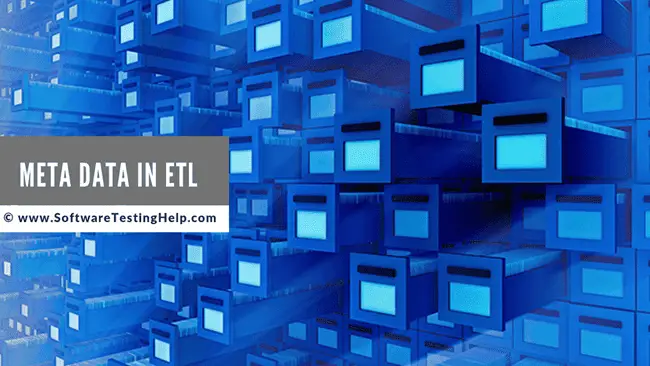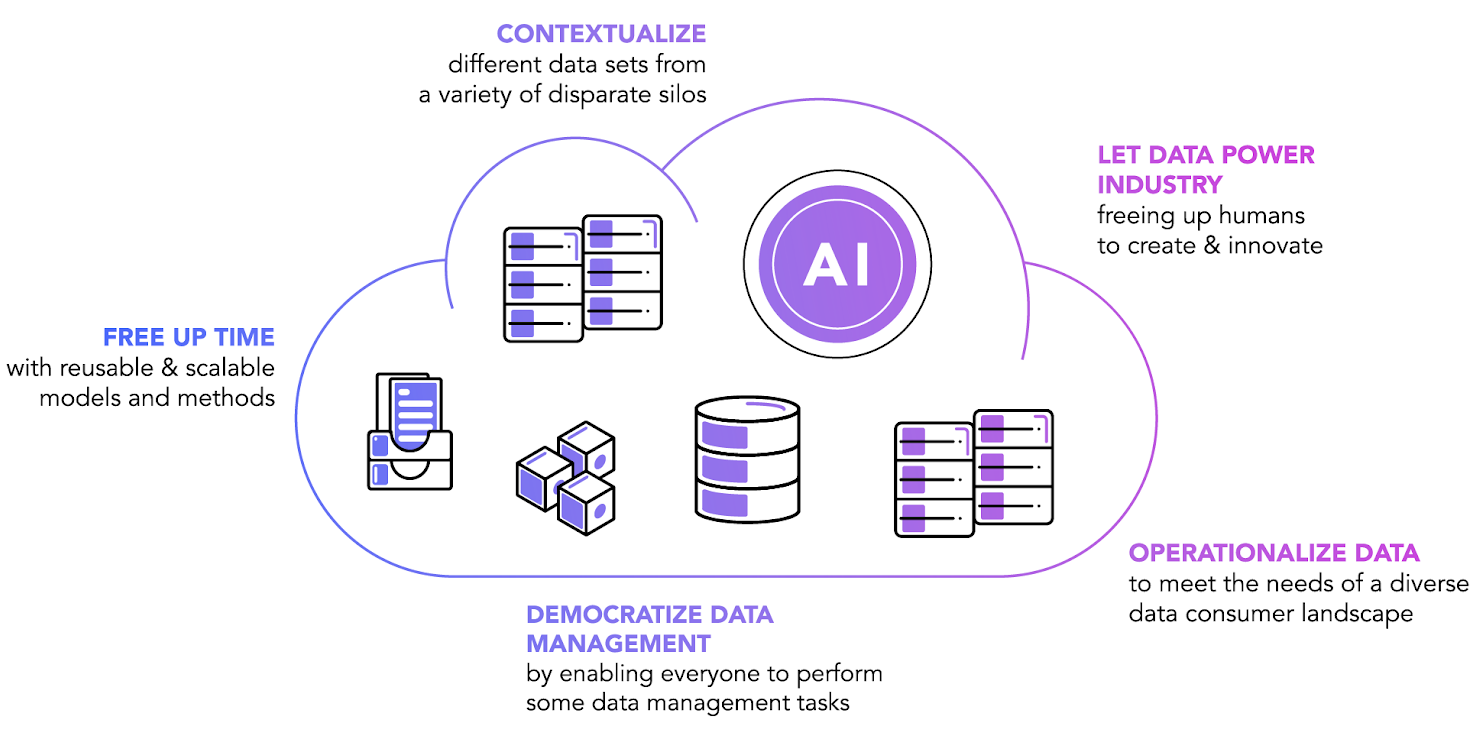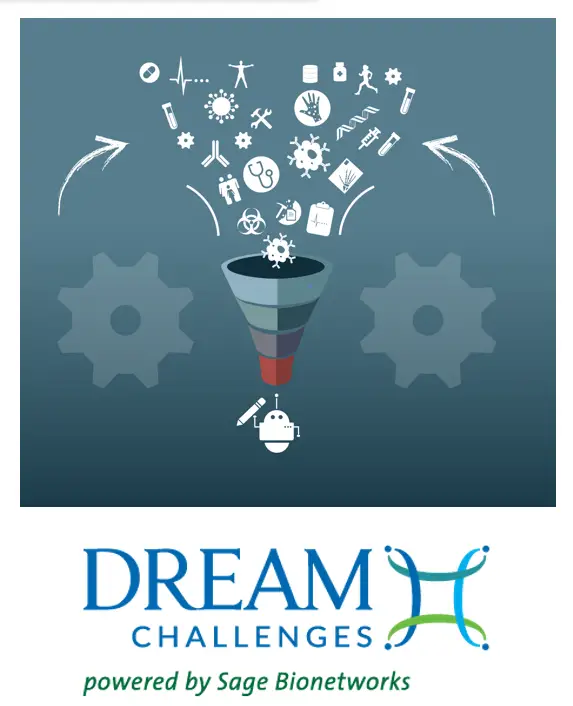The Role of Metadata in Development Projects

Metadata plays a critical role in development projects by providing valuable information about the data and processes involved in the project. It helps developers and stakeholders understand the context, structure, and quality of the data, making it easier to manage and interpret.

Data Discovery and Exploration: Metadata helps developers quickly identify and locate the data they need for a project. It provides information about the data’s source, schema, and relationships, enabling developers to understand the data’s structure and how it can be used. This saves time and effort during the data gathering and analysis phases.

Data Quality Management: Metadata provides information about the accuracy, completeness, and validity of the data. By identifying errors, missing values, and data inconsistencies, metadata helps developers improve the quality of the data used in the project. This ensures that the results of the project are accurate and reliable.
Data Governance and Compliance: Metadata is essential for ensuring data governance and compliance within a project. It helps organizations understand who has access to the data, how it is being used, and whether it is being handled in accordance with regulations and policies. This information is crucial for maintaining data privacy, security, and compliance with industry standards.
Process Documentation and Traceability: Metadata provides a detailed record of the processes and transformations applied to the data throughout the development lifecycle. This information allows developers to track the origin of data, identify any issues or errors that may have occurred during processing, and ensure consistency and reproducibility of results.
Collaboration and Communication: Metadata facilitates collaboration and communication among developers and stakeholders. By providing a common understanding of the data and its context, metadata makes it easier for team members to collaborate effectively and make informed decisions. It also supports knowledge transfer and onboarding of new team members by providing a comprehensive repository of project-related information.
Example:
In a software development project, metadata can include information about the source code, such as its version, author, and dependencies. This metadata is essential for tracking changes, resolving conflicts, and managing the overall development process. By using tools that generate and maintain metadata automatically, developers can ensure that project information is always up-to-date and easily accessible to the entire team.
In conclusion, metadata is a valuable asset in development projects. It provides essential information about data, processes, and governance, enabling developers to work more efficiently, deliver higher quality results, and ensure compliance and collaboration within the project.# The Role Of Metadata In Development Projects
Executive Summary
Metadata plays a crucial role in the success of development projects by providing detailed information about data, making it easier to manage, analyze, and use effectively. It enhances data governance, improves data quality, and ensures compliance, leading to better decision-making and project outcomes.
Introduction
Metadata, or “data about data,” is essential for organizing, describing, and managing information assets. In development projects, metadata helps stakeholders understand the context, purpose, and relationships within datasets, enabling efficient data management and informed decision-making throughout the project lifecycle.
Subtopics
Data Understanding
- Definition: Comprehending the data’s structure, format, and content.
- Key Pieces:
- Data types and formats
- Column names and descriptions
- Relationships between tables
- Key Pieces:
Data Governance
- Definition: Establishing policies and procedures to ensure data quality, security, and compliance.
- Key Pieces:
- Data ownership and responsibilities
- Data access controls and permissions
- Data retention and disposal guidelines
- Key Pieces:
Data Quality
- Definition: Ensuring data accuracy, consistency, and completeness.
- Key Pieces:
- Data validation and verification rules
- Data cleansing and transformation processes
- Data quality metrics and monitoring
- Key Pieces:
Data Security
- Definition: Protecting data from unauthorized access, use, disclosure, or destruction.
- Key Pieces:
- Encryption and access control mechanisms
- Data backup and recovery plans
- Compliance with privacy regulations
- Key Pieces:
Data Lineage
- Definition: Tracking the origins, transformations, and usage of data throughout the project.
- Key Pieces:
- Data lineage tools and technologies
- Data transformation logs
- Data dependency analysis
- Key Pieces:
Conclusion
Metadata is a vital component of development projects, providing the foundation for effective data management and decision-making. By understanding the role of metadata in data understanding, governance, quality, security, and lineage, stakeholders can improve project outcomes and ensure the efficient and responsible use of data.
Keyword Phrase Tags
- Metadata in Development Projects
- Data Understanding and Management
- Data Governance and Compliance
- Data Quality and Reliability
- Data Security and Protection

Can u give me an xample of metadata?
Metadata is relly importent 4 making sense of data. I wuldnt no wut my data was about without it!
I dont see the big deal about metadata. Seems like a lot of extra work 2 me.
I think u got it all wrong. Metadata is not just about describing data. Its also about making it more useful and valuable.
Oh, metadata. The unsung hero of data management. Who needs it, right?
Metadata is so important that I cant even imagine life without it. Its like, the air we breathe.
Metadata is like the secret ingredient in a recipe. It makes everything taste better.
There are 3 main types of metadata: descriptive, structural, and administrative.
Metadata can be created manually or automatically. I wonder which is better?
I wonder if metadata is used in other fields besides development projects?
Metadata is the best thing since sliced bread! I love using it to make my data more awesome.